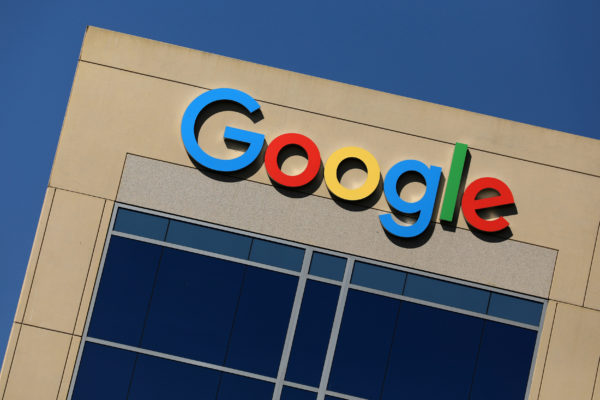For Google, as for others, one key incentive came in the form of family leave.
和其他企业一样,Google实行的一个关键的激励机制是以家庭假的形式出现的。
In 2007, Google sweetened its leave policy, extending paid maternity leave to nearly five months, from three.
2007年,谷歌放宽了休假政策,将带薪产假从三个月延长至近五个月。
The result was immediate.
这一政策的效果是立竿见影的。
Attrition rates for women who had babies plunged by 50%.
生育完孩子的女性员工的流失率降低了一半。
That set off an arms race of sorts, with a growing number of tech firms offering gender-neutral paid parental leave to men as well as women,
由此还产生了一种类似军备竞赛的效应,越来越多的科技公司为男性和女性提供不分性别的带薪育儿假,
including Twitter (20 weeks), Etsy (26 weeks), Facebook (four months) and Change.org (18 weeks).
包括Twitter(20周),Etsy(26周),Facebook(4个月)和Change.org(18周)。
Netflix and Virgin Management increased paid parental leave to a full year.
Netflix和Virgin集团将带薪育儿假提高到了一整年。
The practice is now spreading beyond the tech industry to other industries as well.
这种做法现在正在由科技行业蔓延到其他行业。
The results of these changes are still unfolding.
这些变化的结果仍有待观望。

But they point to a hard truth.
但也暴露了一个冷酷的事实。
For men as well as women, it doesn’t matter how sincere companies are in embracing diversity if their own policies work against it—
那就是,对于女性以及男性员工来说,公司对多元化表现得再真诚都没用,只要他们内部的政策与之相违背
and in particular if they make it impossible to balance work with family.
尤其是公司使得员工完全无法平衡工作与家庭的情况。
America lags far behind most industrial countries in this respect.
在这一方面,美国是要远远落后于大多数工业国家的。
It is the only industrialized country in the world that doesn’t offer paid parental leave.
因为美国是世界上唯一不提供带薪育儿假的工业化国家。
At least 96 other countries offer not only guaranteed maternity leave but paternity leave as well, including Gambia, Armenia, Belarus, Azerbaijan, Togo and Mauritius.
至少有96个工业化国家不仅提供有保证的产假还提供陪产假,这些国家包括冈比亚、亚美尼亚、白俄罗斯、阿塞拜疆、多哥和毛里求斯。
Without broad policy changes that allow parents in every industry and at every level to have access to affordable health care and child care, the rest doesn’t matter.
如果没有广泛的政策变革让每个行业和每个阶层的家长都能获得负担得起的医疗保健和儿童保育福利,其他的措施都将是一纸空文。


